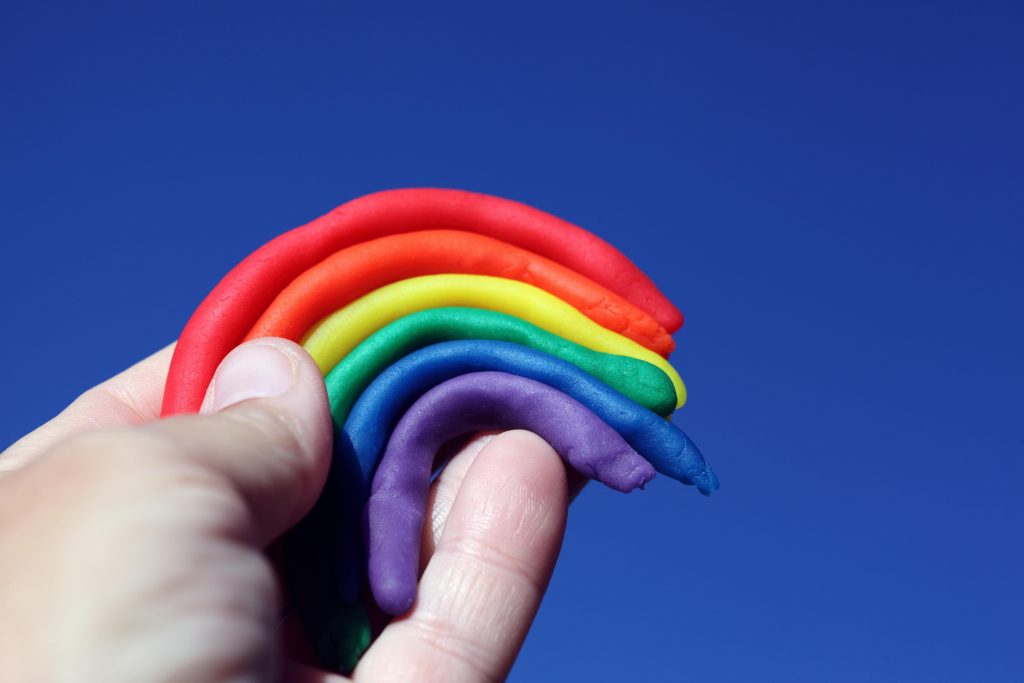What do stats say
“TimesJobs(2019) found that almost 60% respondents said their company will never hire an LGBTQIA+ at senior leadership. More than 55% said they still experienced bias at the workplace. This included gender, ethnicity and sexual orientation.”
Another survey showed 56% of respondents think their companies should be doing more to hire from the LGBTQIA+ community. Nearly 20% think their current employer has a negative attitude toward LGBTQ hiring (Monster Jobs, 2019). Even after the 2018 Supreme Court ruling, India Inc. may have to consciously shift the mindset to being a welcoming workplace for all.
Thankfully, things are changing rapidly in India- Companies are gaining favour by aligning their values with that of millennials and the changing trends in the country. By 2020, Millennials and Gen Y are projected to be 50% of the workforce. By 2025 they are expected to make up 75% of the workforce (Donston-Miller, 2016). India has one of the youngest populations in the world, with 40% under the age of 20.
It also has the world’s second-largest internet user base. Thousands of citizens regularly use Facebook, Instagram and Twitter to voice their opinions on politics to conservative social norms.
How to market with Pride
Millennials are more strongly inclined towards brands whose identity aligns with their ethical values and identity (Boston Consulting Group, 2014).
Indian brands are now switching to branding and marketing campaigns that carry a social message. This includes everything from gender inequality to homosexuality taboos. In 2013, watch brand Fast Track’s featured two women straightening their clothes as they emerged from a hot pink closet.
The income on Titan watches rose from FY 2012 to FY 2013 owing to its all-inclusive marketing campaigns. Young consumers now want to align themselves with brands that echo their opinions and values. This creates the need for brands to be ‘conscious’ and socially responsible.
Brands with LGBTQIA+ positive marketing
- L’Oreal used their popular tagline ‘Because you’re worth it’ and changed it to ‘Because we’re ALL worth it’ (Vandana, 2018).
- In 2016, eBay released a television and digital campaign titled “Things Don’t Judge”. This was filled with several brief scenes of modern Indian life. This included one of a man proposing to his same-sex partner in a park.
- P&G’s Vicks Touch of Care campaign centred around trans motherhood and featured trans rights activist Gauri Sawant. According to Pinto (2018), sales in health and hygiene products rose from FY 2016 to FY 2017.
- Companies like Google, Facebook and Youtube introduced rainbow pride colours into their homepage, profile pictures and logos. They tweeted about the 2018 judgement.
- IndiGo, Starbucks, HBO, Nykaa, L’Oreal, Café Cofee Day, Discovery Networks, Swiggy, Ola, KFC, Star TV, Zee TV, Colors, GoAir and Titan Eyeplus also expressed solidarity (Malvania, 2018).
What research says
Research shows that these branding initiatives are tried and tested methods of increasing brand preference. This is also dependent upon the purchasing power of LGBTQIA+ consumer base. Who are on average college-educated, shop online and are interested in purchasing the latest technology. It does not make good business sense to discriminate against such a significant chunk of the population.
Creating awareness about inclusive rights for all is one part of the equation, the other part- implementation of policies that protect individuals from discrimination and lead to their equitable representation in the corporate workplace. People from this community are not well represented in senior leadership in India Inc. and there still are individuals who claim that expressing sexual orientation is a big taboo in their organisation.
DEI policies
Rather than initiating Diversity and Inclusion (D&I) programs because they are important at the workplace to comply with the legal requirements, an organisation can also focus on D&I in order to attract and retain talent from all backgrounds.
To know more about inclusion and statistics associated with IT industry in IT please read our white paper on Inclusion in IT*
About the Author
Nikita Agnihotri is Industrial/Organizational Psychologist with two Masters’ degrees specializing in Psychology from India and New York. She is a researcher with almost 3 and half years of experience in both academic and applied research settings. Reading about why some people feel they are not valued, or that they do not belong in their own organization, paved her way in the field of diversity and inclusion. She successfully defended her thesis on how organization-based self-esteem impacts voice behavior amongst employees at corporate workplaces. She has been involved in a variety of projects in applied psychometry area, from conducting criterion validation analyses for competency scales, using classical test theory for item analyses to developing items, writing white papers, creating marketing factsheets and assessing psychometric properties of a diagnostic tool for inclusion at workplaces. Working as a Research Fellow at Catalyst Inc., New York, she contributed in the development of an online inclusion survey for corporates. She is a self-aware individual who has the potential to adapt to change, embrace it and work effectively in a team with culturally distinct individuals. She is passionate about applying her knowledge in improving selection systems by broadening the criteria used for selection decisions and following an evidence-based approach.


